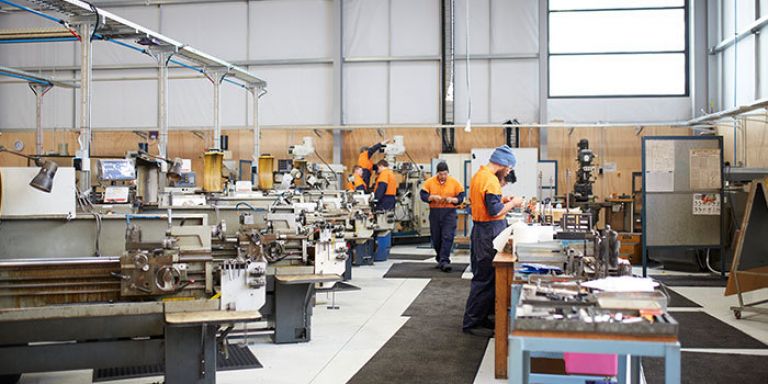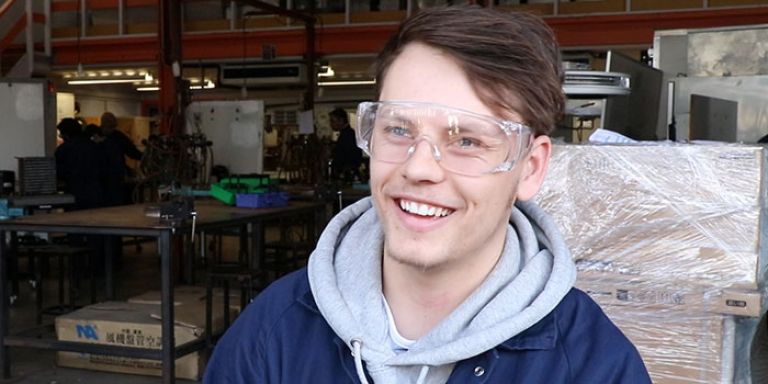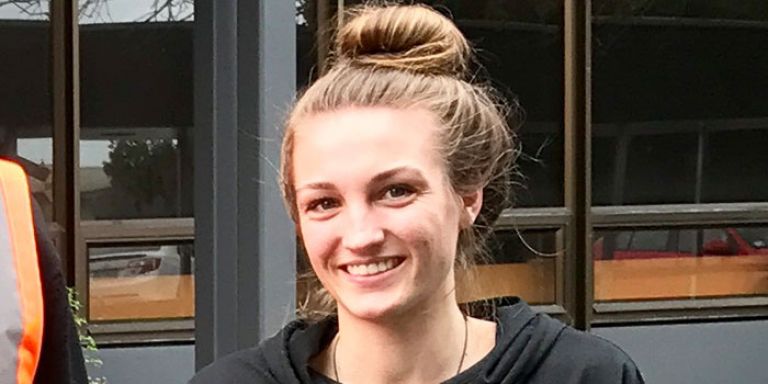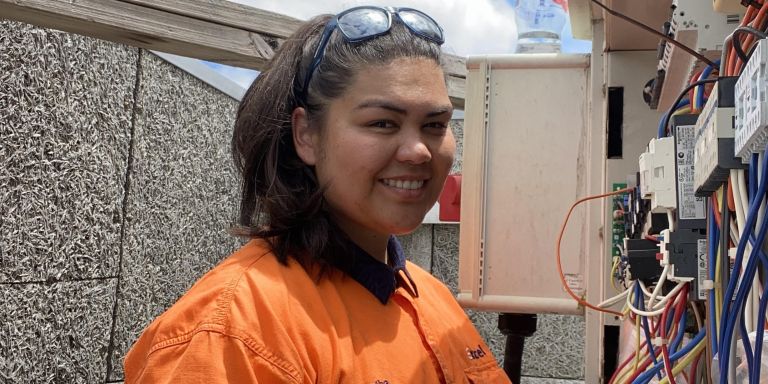This programme is currently full for our February intake, but we are still accepting applications in case places become available.
If you apply in February and are not accepted, you may be offered a place in July.
Programme highlights
Do you want to shorten your apprenticeship in refrigeration and air conditioning?
You could find yourself installing an air conditioning system in an office building one day, and then fixing a commercial freezer on a fishing boat the next.
Learn the practical skills you need to become a refrigeration and air conditioning technician. If you don’t already have an apprenticeship, study this programme to cut your apprenticeship off-the-job learning by up to a year.
At MIT our refrigeration and air conditioning facilities include a coolroom and up-to-date testing equipment.
Aspects of this programme are physically demanding. Please talk with an Ask Me! agent if you face fitness or mobility challenges.
Please note: A small component of this programme is delivered by a sub-contractor.
You may be required to complete literacy and numeracy assessments as part of this programme.
Entry requirements
General
Open entry for domestic students
There are no academic requirements that need to be met to enter this programme.
English language entry requirements
You will need English language competence to undertake this programme which is taught and assessed in English (an assessment may be required if your first language is not English).
Give yourself credit with Recognition of Prior Learning (RPL)
Did you know you can use the knowledge and experience you already have to your advantage?
Your previous work experience and on-the-job skills, volunteering, professional development, and other providers’ qualifications can be recognised as prior learning, matched against credits in our courses, and put towards your qualification – potentially saving you money and possibly helping you to complete your qualification faster Learn more.
Programme structure
You will need to complete the below seven courses (120 credits):
Level 2
Level 3
Do you want to study a single course, without enrolling into the full programme?
Courses within some of our programmes may be offered as an individual Certificate of Proficiency (COP). Programme entry requirements and course fees apply. For more information, please speak to our friendly Ask Me! team.
Further training or study
Ongoing study is offered and managed through the relevant ITO (Industry Training Organisation). You will need to be employed in your trade to complete Level 4 apprenticeship training. Contact us to find out more about which ITO can support you with your ongoing study.
Career opportunities
Refrigeration engineer, trades assistant, or an apprentice refrigeration and air conditioning technician.
For potential salaries visit careers.govt.nz.











